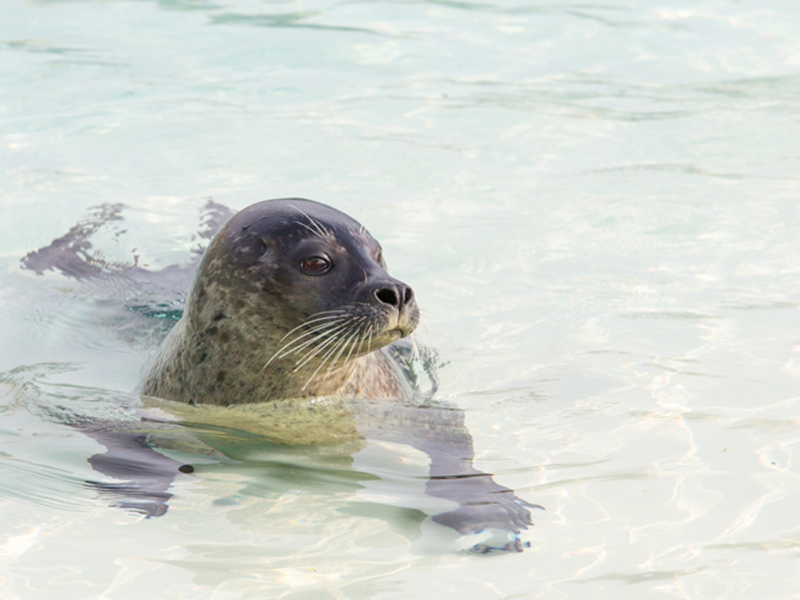Thank you to our loyal visitors, thank you to our committed teams, thank you to the fabulous animals for all these years of discovery and wonder.
The neighboring parks, Aquasplash and Adventure Golf, will open as scheduled in 2025.
The Marineland Hotel, 95 rooms and suites with restaurant and swimming pool, becomes So.Blue Hôtel***.
